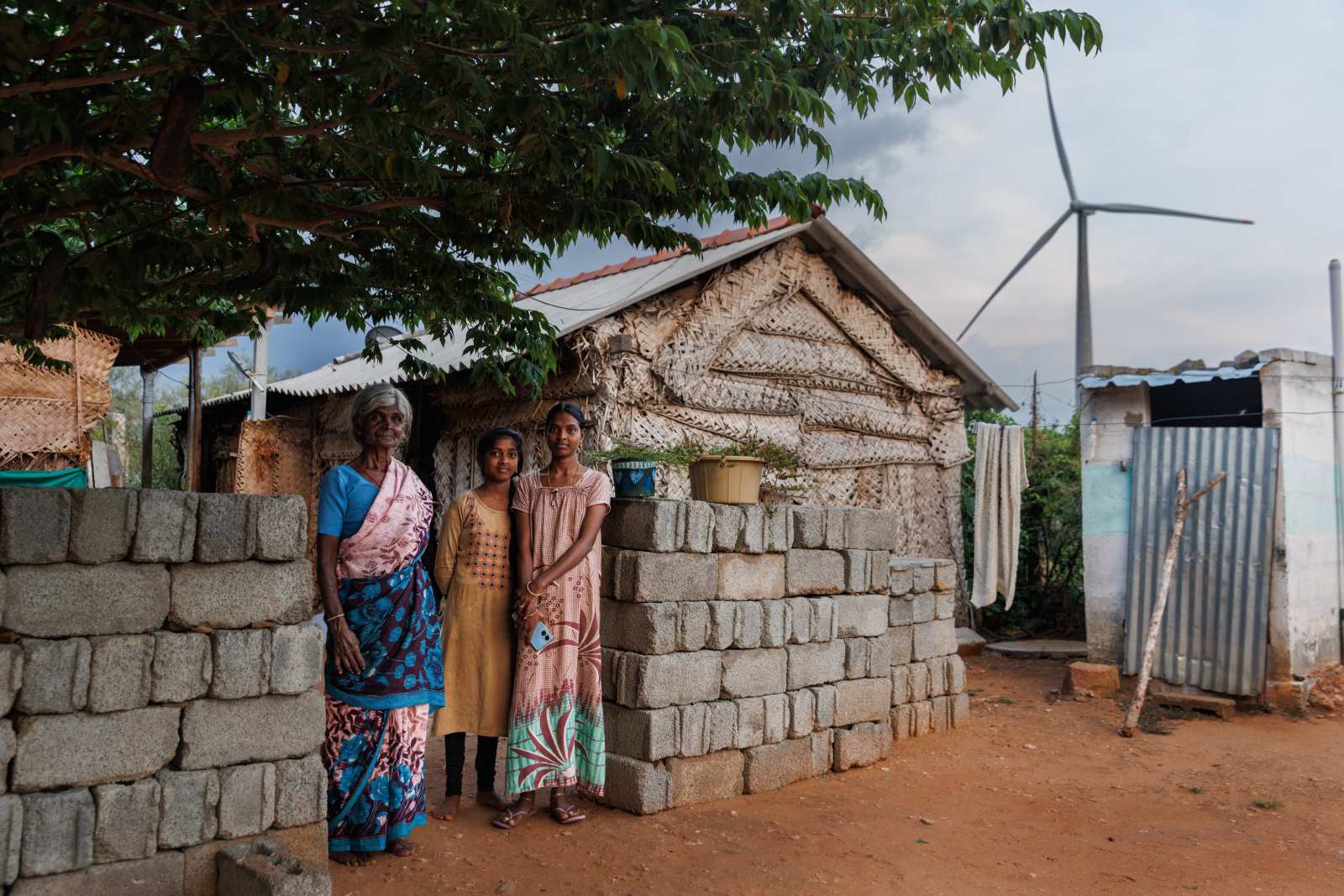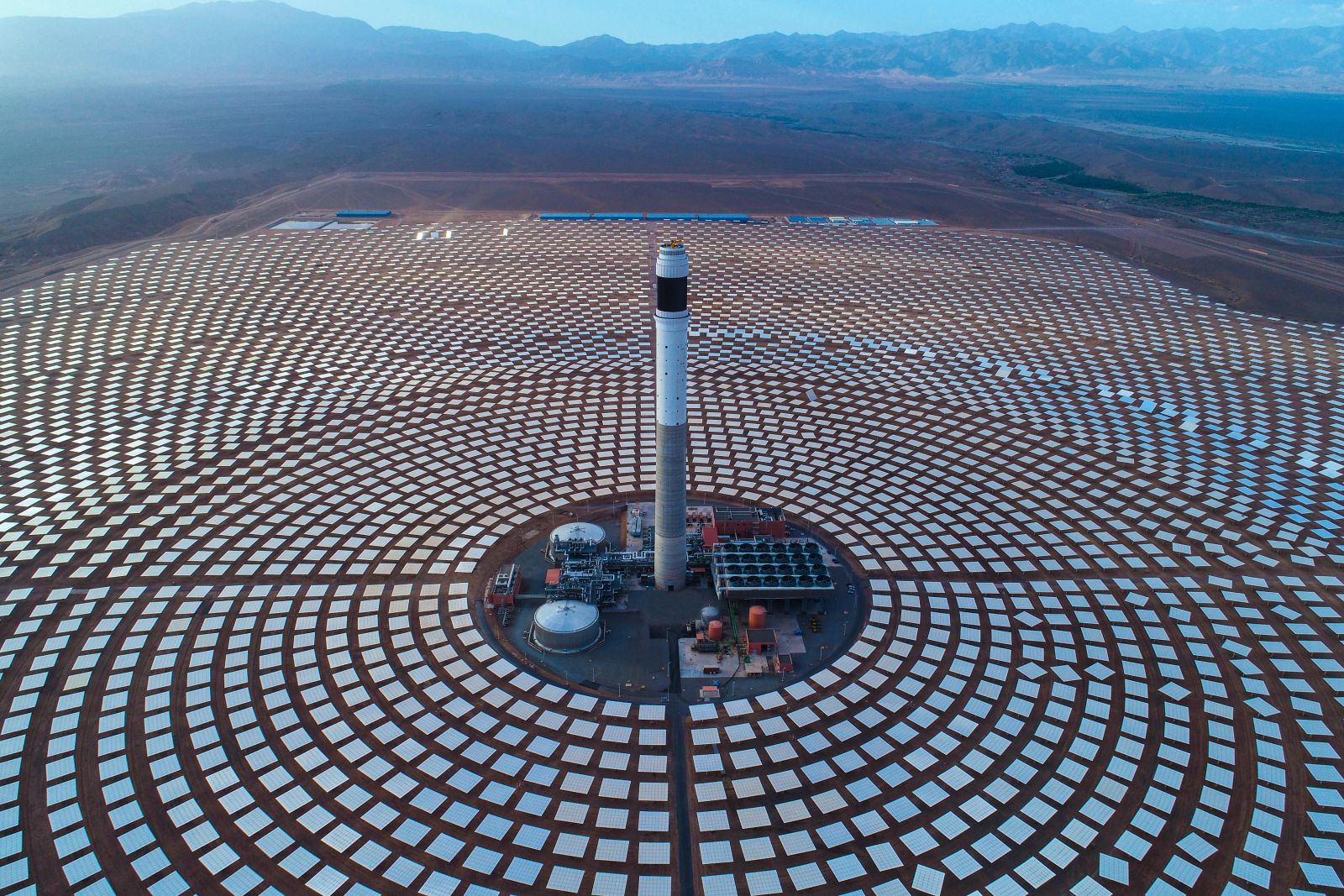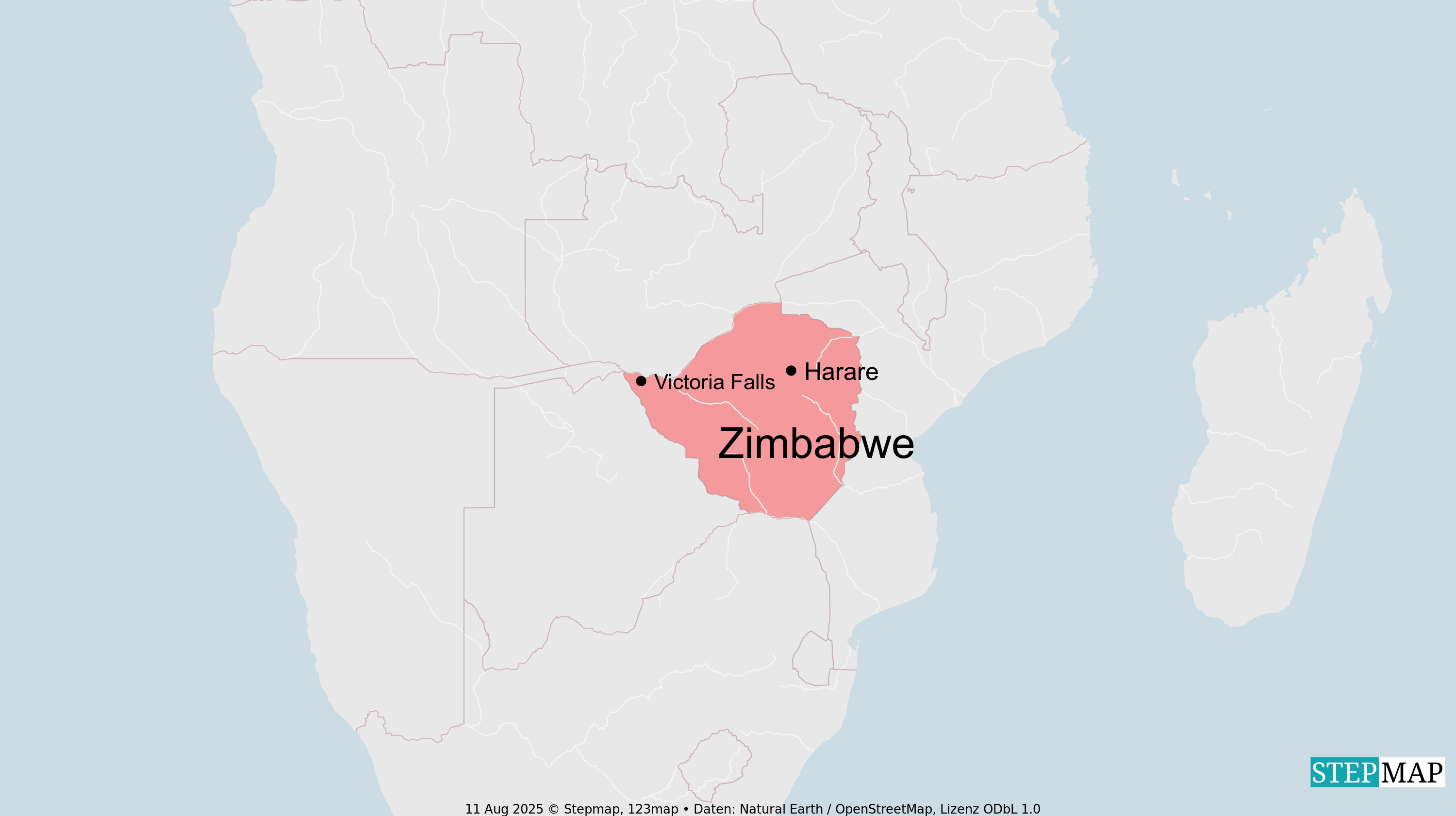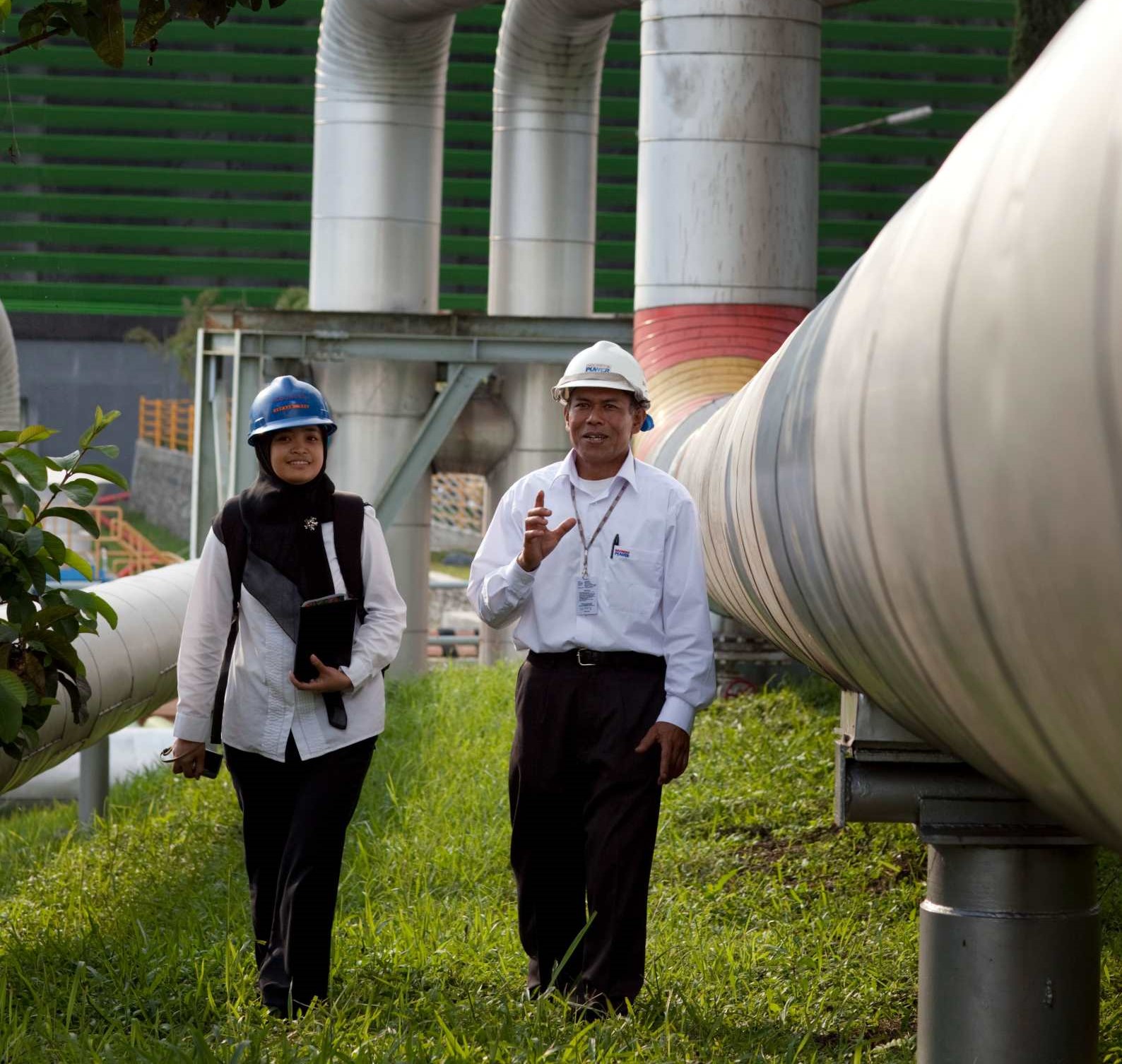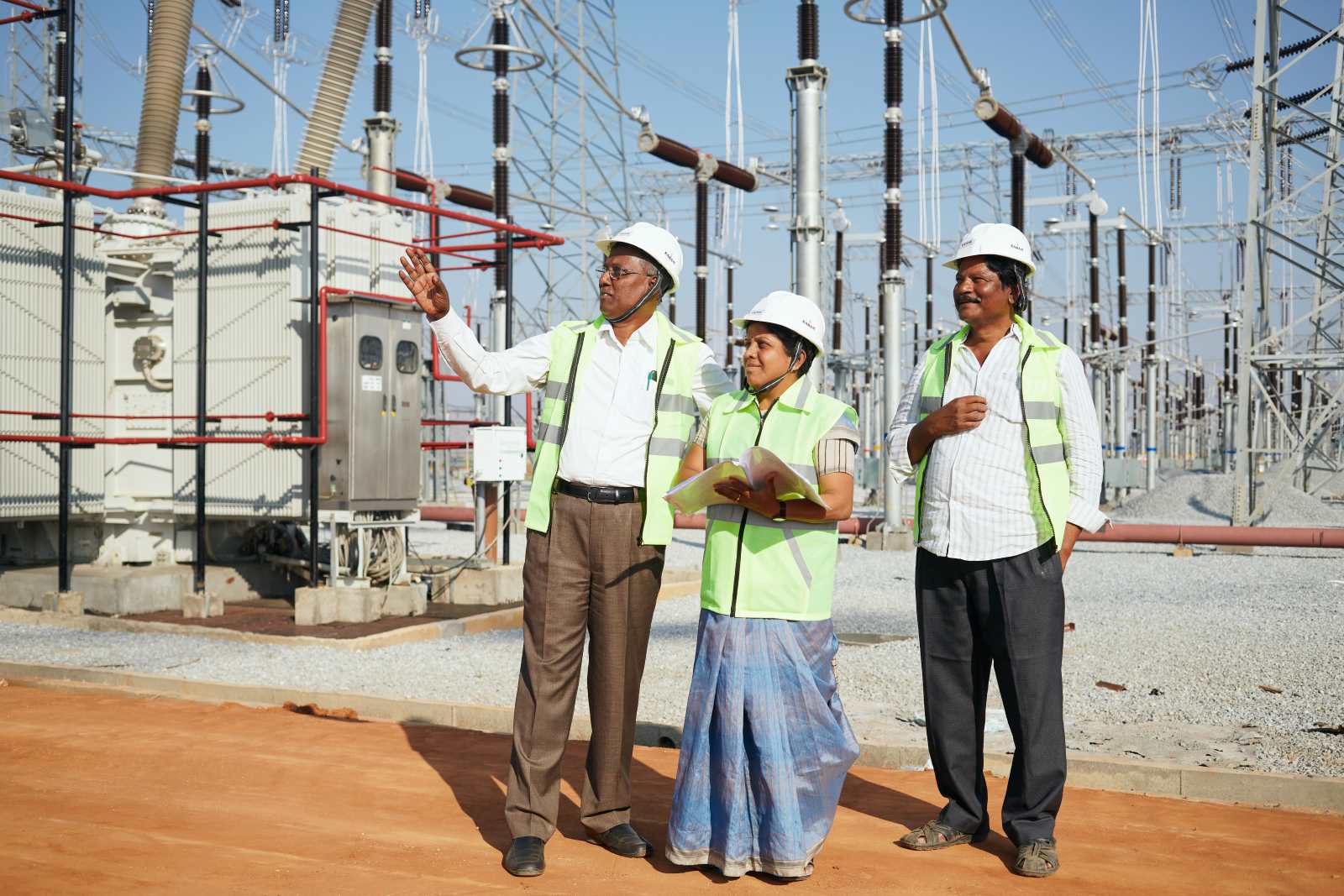KfW
Reach climate goals with Power-to-X
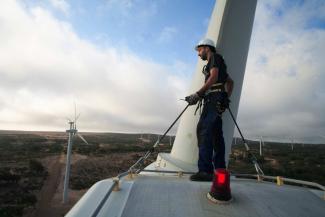
The facility, which will comprise a hybrid wind-solar power plant, a sea-water desalination plant, transmission lines and an electrolytic synthesis unit (at least 100 megawatts), is to go into operation by 2026. It will cost approx. EUR 320 to 350 million. To this end, KfW will make available up to EUR 300 million in the form of grants and loans, while the private sector will contribute mainly equity capital.
Before the end of this year, the project is to be put out to tender in three-stage processes as a public private partnership (PPP). Though MASEN will issue the concessions, it will not itself run the project or operate the facility. If all goes according to plan, the first components of the reference facility could go into operation in early 2026.
“The facility’s location, in the province of Guelmim, couldn’t be better,” believes Florian Ziegler, the KfW portfolio manager responsible for energy projects in Northern Africa.
The rocky plateau is one square kilometre in size and bordered by a mountain ridge on which wind turbines will stand. The ridge offers excellent wind conditions, and the plateau on which solar panels will be installed boasts outstanding solar irradiance. From here, a road will lead to the port of Tantan, where the sea-water desalination plant and electrolyser are to be in place from 2026.
Ziegler has no doubt that the call for tenders will be of great interest to German and international firms. This is chiefly because MASEN, the state agency responsible for the project, intends to offer a one-stop-shop approach, relieving the consortium of investors, project developers and general contractors of as much of the bureaucratic burden as possible. This means that MASEN will take care of all the preparatory steps, and especially the approval processes, which the private sector would find difficult if not impossible to undertake. In addition, MASEN will assume responsibility for developing the land and installing the basic infrastructure, such as water supply, power transmission, access roads etc. Everything else is the job of the private sector: investments, design, technology, planning, expertise. This is an internationally tried and tested method for tackling large-scale projects. MASEN has also used this approach successfully for ongoing and completed solar and wind projects.
Since the end of 2022, KfW’s Power-to-X (PtX) platform has provided information about various opportunities for supporting and financing major PtX projects in other European countries. The different types of support and funding on offer from the German government and KfW can be found here, with funding packages being tailored to specific needs.
Germany has committed itself to achieving climate neutrality by 2045 and to supporting other countries with their climate targets. Besides renewable energies and energy efficiency, green hydrogen is the energy carrier that constitutes the third component of the energy transition. It requires PtX, the conversion of energy from renewable sources (such as hydroelectric, solar and wind power) into the gaseous energy carrier that is hydrogen.
Elisabeth Ehrhorn
Link
KfW, 2023: Shaping a sustainable and fair global energy transition.
